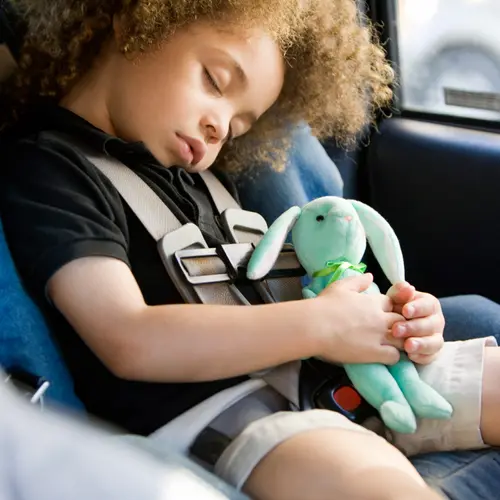That little boy with the skinned knees and funny grin isn’t little anymore. It may be hard to believe, but your son is 15. They are probably in their first or second year of high school.
A 15-year-old is an adolescent -- no longer a child, but not yet an adult either.
It’s a time of physical changes, but it’s also a time of big intellectual, social, and emotional development. While it differs a lot from boy to boy, there are common milestones to look for.
Physical
At this age, 15-year-old boys continue to grow. They:
- Eat a lot and are almost always hungry
- Get taller and more muscular
- Need lots of sleep
- Can be clumsy because they’re growing
Sexual changes:
Intellectual
Young children think only about what’s going on at the moment. But by age 15, a boy can think in more complex ways. Look for your son to:
- Start to set goals for the future
- Plan for “what if” situations
- Make more of their own decisions
- Develop a sense of right and wrong
- Develop a passion for something and deeper interests
Understand the effects of their behavior
Emotional and Social
Teens at this age search for identity -- a sense of who they are. They want to be more in control and more independent. Your 15-year-old son may also:
- Think friends are more important than family
- Spend less time with parents, and more time with friends or alone
- Want to argue more and talk less
- Start to date
- Become more aware of sexual orientation
- Feel things deeply
- Try to understand their own feelings
- Get sad or depressed. This can lead to problems in school, use of drugs or alcohol, risky sex, and other behaviors
Keep Them Safe
Teens at ages 15-19 have higher rates of death than younger children. Top causes are vehicle crashes, homicide, and suicide. About a quarter of kids age 12-17 have used drugs.
These basic rules can help your son stay safe:
- Always wear a seatbelt and never use a cell phone while driving.
- Be careful online and when using social media. Reinforce rules around media use and gaming, including sharing of personal information.
- Wear safety gear on a bike, rollerblades, or skateboard.
- Follow family rules, and the law, around alcohol and drug use.
- Stay away from guns unless you are trained and with an adult who knows gun safety.
- Understand what can happen if you are sexually active (talk with your son about diseases, pregnancy, respect for girls, and how sex might change the way they feel about themselves).
How You Can Help
As a parent, you can do a lot to help your adolescent son. Be ready to talk when they are -- no phones, no TV, just the two of you. Listen quietly and try to understand their point of view. Then offer your own opinion. Don’t laugh at or make fun of what they say.
Other ways to help:
- Let them know when they do something well.
- Encourage them to be part of family decision-making.
- Show interest in their friends, school, and activities.
- Set rules for use of phones, devices, and social media.
- Help them understand peer pressure. It can be good or bad.
- Make sure they know what to do if they are offered drugs or are pressured to have sex.
- Encourage your son to volunteer and care about others.
- Give thgem their privacy.
- Be a good role model for choices about sleep, food, and exercise.
Pay attention to signs of suicide. Your son may be at risk if they:
- Talks about suicide or death
- Talks about not being around in the future
- Gives away things they love
- Increases their use of drugs or alcohol
- Has tried suicide before
Don’t leave your son alone if you think there is a chance of suicide. Get help right away.
Milestones to Go
At 15, your son doesn’t need you to help them cross the street. But they do need you to guide them as they move towards adulthood. If you are concerned about them, talk with a doctor or school counselor.


